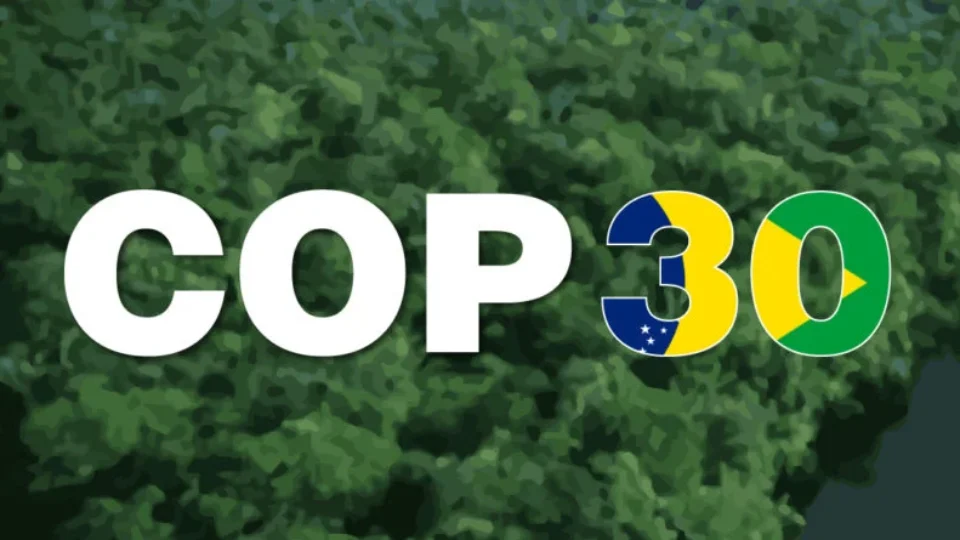Nigeria has called for a new global climate compact that recognises nature as critical infrastructure and rewards countries protecting it.
Vice President Kashim Shettima delivered the message at the Climate and Nature: Forests and Oceans pavilion during COP30 in Belém, urging wealthier nations to “pay their ecological debts.”
“Nature is probably the most critical infrastructure in the world,” Shettima said. “Yet it has long been treated as a commodity to exploit rather than an asset to invest in.”
He argued that climate diplomacy must expand beyond emissions cuts to include serious investment in forest, ocean, and biodiversity protection, especially in countries least responsible for global warming.
Nigeria faces escalating climate threats.
To the north, the Sahara advances by nearly a kilometre yearly, swallowing farmland and displacing families. To the south, coastal erosion and rising seas endanger fishing communities and megacities like Lagos. Illegal logging and mining continue to erode natural capital.
“We, too, are under siege,” Shettima told delegates. “Each piece of land these threats overcome invites conflict into human lives.”
He stressed that desertification and economic collapse in northern Nigeria have fuelled conflict and insurgency, while coastal loss threatens jobs and infrastructure in the south.
Shettima said Nigeria plans to mobilise up to $3 billion annually under its National Carbon Market Framework and Climate Change Fund to support reforestation, blue-carbon projects, and sustainable agriculture.
He urged wealthy nations and multilateral institutions to expand grant-based climate financing and implement debt-for-nature swaps.
These tools, he said, could help nature-rich but debt-burdened countries protect ecosystems without sacrificing development.
He also emphasised that Indigenous and local communities must be central to project design and rewarded for protecting natural assets.
Shettima highlighted ongoing national programmes, including:
- Planting over 10 million trees across 11 frontline states under the Great Green Wall
- Plans to restore 2 million hectares of degraded land by 2030
- A new Marine and Blue Economy Policy to strengthen fisheries and coastal protection
These efforts are anchored in Nigeria’s 2021 Climate Change Act, which commits the country to low-carbon, nature-based development.
Shettima rejected portrayals of Africa as a helpless climate victim, arguing that the continent holds some of the world’s largest carbon sinks, including the Congo Basin and vast mangroves.
“It is an outdated narrative to portray Africa as a mere victim,” he said.
Nigeria is backing the African Nature Finance Framework, which aims to unlock private capital for restoration and blue-economy growth.
Nigeria’s message underscores a broader shift: nature is no longer a footnote in climate talks.
Shettima urged COP30 to initiate a new climate agreement, one that recognises Africa’s forests, oceans, and frontline communities as global assets worthy of international investment.
Whether wealthy nations heed the call remains unclear. However, in Belém, Nigeria made its position clear: restoring nature is key to restoring climate justice and securing humanity’s future.

